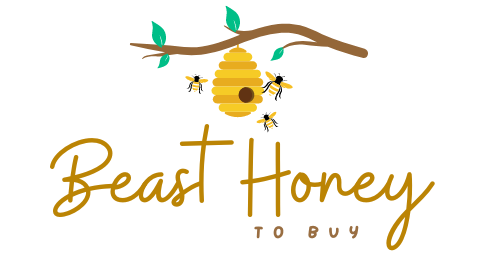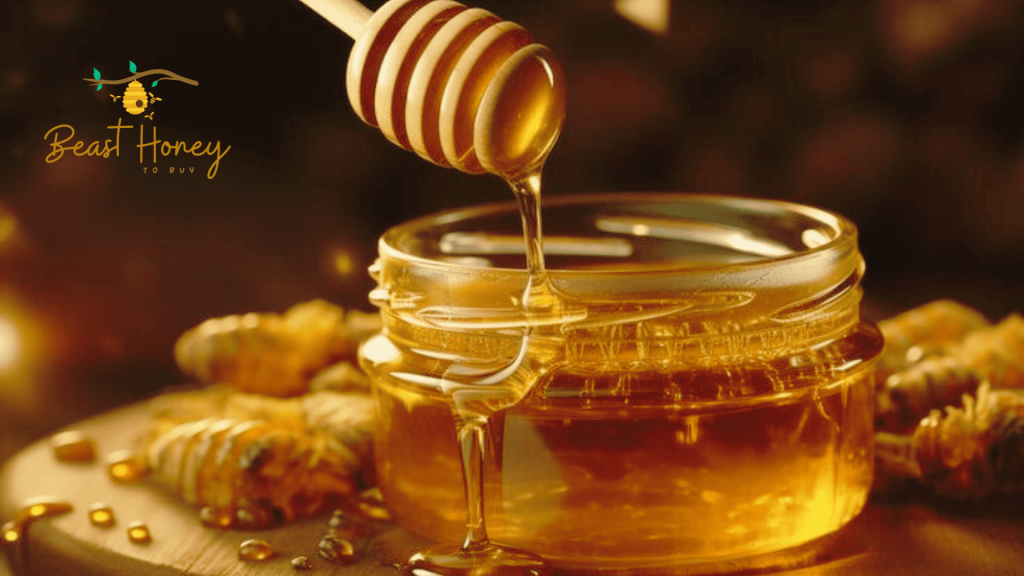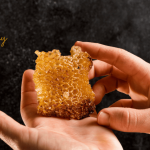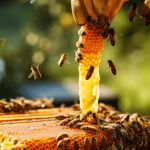Beekeeping is buzzing with potential for businesses. Partnering with local beekeepers can bring unique products, boost your brand, and support your community. Whether you run a café, a retail store, or a wellness brand, this guide will show you how to collaborate with beekeepers.
Let’s dive into the sweet world of beekeeping partnerships!

Why Partner with Local Beekeepers?
Local beekeepers offer more than just honey. Their products and expertise can add value to your business. Here’s why you should consider it:
- Unique Products: Honey, beeswax, and propolis are natural and in-demand.
- Sustainability Appeal: Customers love eco-friendly, local businesses.
- Community Support: You help small-scale beekeepers thrive.
- Storytelling Power: Local partnerships create compelling marketing stories.
For example, a café using local honey in its drinks can attract eco-conscious customers. It’s a win-win!
Step 1: Understand What Beekeepers Offer
Before reaching out, know what beekeepers can provide. Their products go beyond honey. Here are some options
- Raw Honey: Pure, unprocessed, and full of flavor.
- Beeswax: Perfect for candles, soaps, or skincare products.
- Propolis: A natural resin used in health supplements.
- Pollination Services: Beekeepers can help farms or gardens.
- Educational Workshops: Some offer classes on beekeeping or sustainability.
For instance, a skincare brand could use beeswax for lip balms. A farm-to-table restaurant might buy raw honey for desserts. Knowing these options helps you pitch a partnership that works.
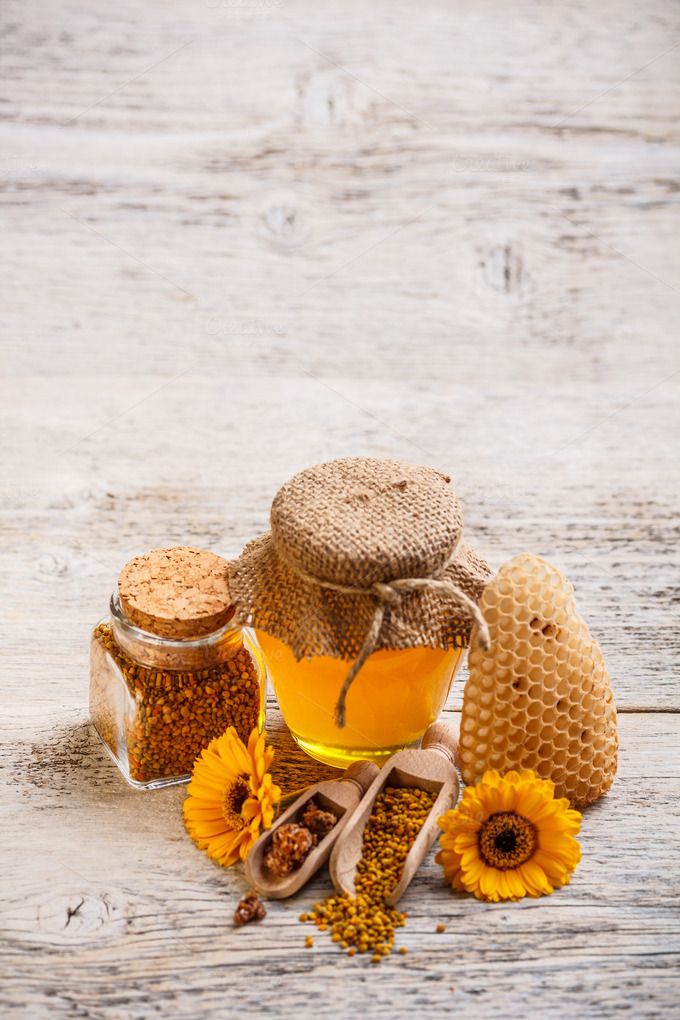
Step 2: Find Local Beekeepers
Finding beekeepers in your area is easier than you think. Start with these steps:
- Search Online: Use Google or social media to find local apiaries. Try keywords like “beekeepers near me” or “local honey [your city].”
- Visit Farmers’ Markets: Many beekeepers sell directly at markets.
- Join Local Groups: Check community boards or agricultural associations.
- Ask Around: Talk to other local businesses for recommendations.
For example, in Seattle, you might find beekeepers at Pike Place Market. In smaller towns, check with your local farm co-op. Building a list of contacts is your first step.
Pro Tip: Use Social Media
Platforms like Instagram or Facebook are great for finding beekeepers. Search hashtags like #LocalHoney or #Beekeeping.
You might find a beekeeper showcasing their hives or products. Send them a friendly message to start the conversation.
Step 3: Reach Out with a Clear Proposal
Once you’ve found a beekeeper, make a great first impression. Be clear about what you want. Here’s how to approach them
- Be Friendly: Introduce yourself and your business.
- Explain Your Vision: Share how their products fit your brand.
- Ask Questions: Show interest in their work and process.
- Propose a Partnership: Suggest a specific idea, like buying honey or co-hosting an event.
For example, if you own a bakery, you could say: “Hi, I’m Sarah from Sweet Buns Bakery. We love your local honey and want to use it in our pastries. Can we discuss a regular supply deal?” Keep it simple and genuine.
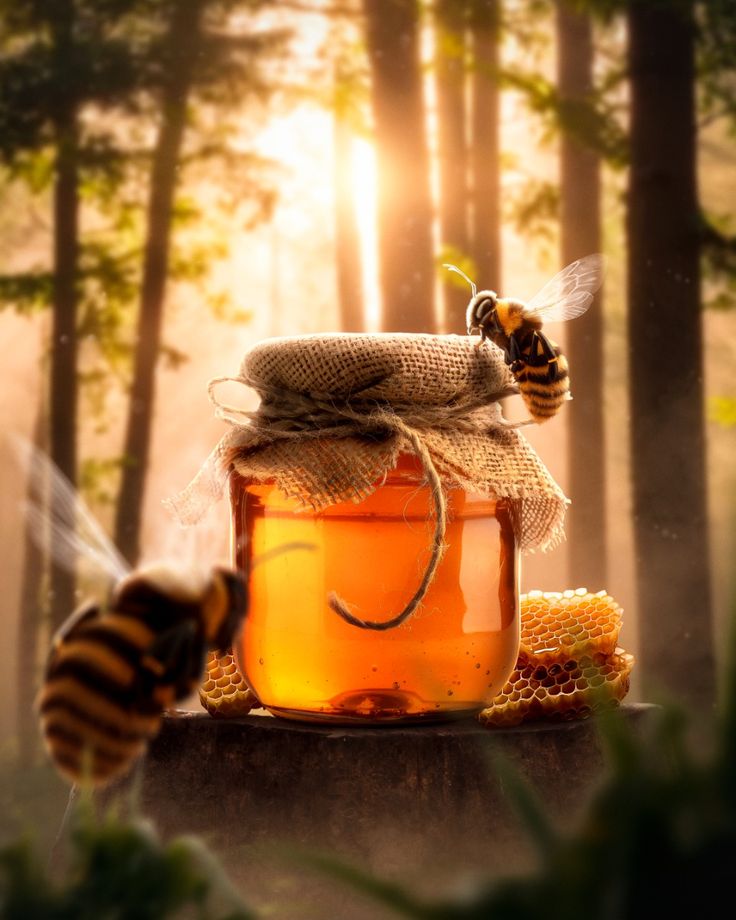
Step 4: Build a Mutually Beneficial Partnership
A good partnership benefits both sides. Beekeepers are often small business owners, so think about their needs too. Here are some ideas
- Buy Their Products: Purchase honey or beeswax in bulk.
- Co-Brand Products: Create a special “local honey” line with their logo.
- Host Events: Organize a “Meet the Beekeeper” day at your store.
- Promote Their Brand: Feature their story on your website or social media.
For instance, a coffee shop in Austin partnered with a local beekeeper to sell branded honey jars. They promoted the beekeeper’s story on Instagram, boosting both businesses. Think creatively to make the partnership exciting.
Avoid Common Mistakes
Don’t treat beekeepers like just suppliers. They’re partners. Avoid these pitfalls.
- Don’t haggle too hard on prices. Fair pay builds trust.
- Don’t demand exclusive deals right away. Build the relationship first.
- Don’t ignore their expertise. Ask for input on how to use their products.
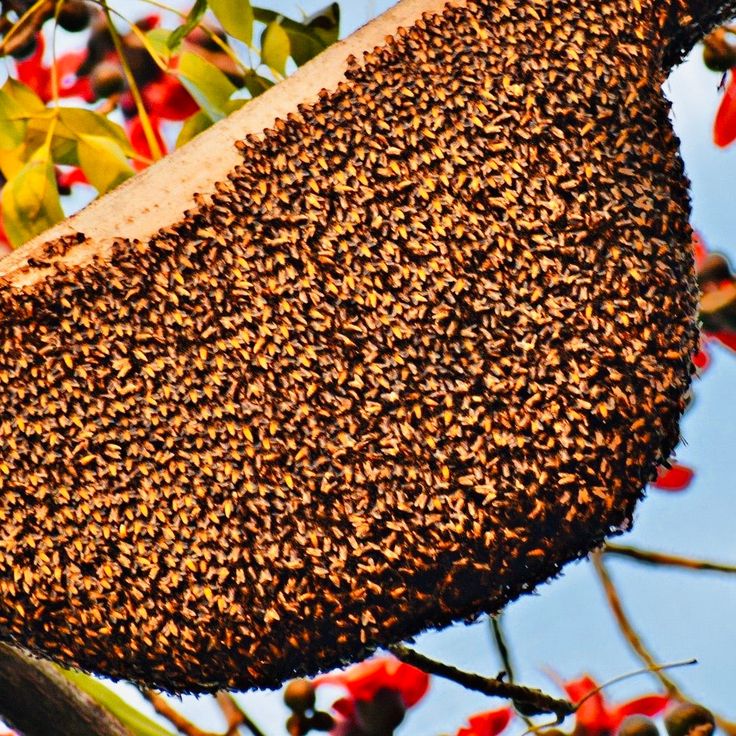
Step 5: Market Your Partnership
Once you’ve partnered, shout it from the rooftops! Customers love local, sustainable stories. Here’s how to promote your collaboration.
- Update Your Website: Add a page about your beekeeper partnership.
- Use Social Media: Share photos of their honey in your products.
- Create Signage: Display signs in your store about local sourcing.
- Tell a Story: Share the beekeeper’s journey in a blog post or newsletter.
For example, a wellness store could post: “Meet Jane, our local beekeeper! Her raw honey is in our new face masks. Support local and shop now!” This builds trust and attracts customers.
SEO Tip: Use Local Keywords
To rank higher on Google, sprinkle local keywords in your content. For example, if you’re in Denver, use phrases like “Denver local honey” or “Colorado beekeeper partnership.” This helps you show up in local searches.
Step 6: Ensure Quality and Consistency
Beekeepers work with nature, so supply can vary. To keep your partnership smooth, focus on quality and communication.
- Set Clear Expectations: Agree on product amounts and delivery schedules.
- Check Quality: Ensure the honey or beeswax meets your standards.
- Stay Flexible: Be ready for seasonal changes in supply.
- Communicate Regularly: Check in to avoid surprises.
For example, a restaurant might agree to buy 10 jars of honey monthly but be open to less in winter. Clear communication prevents frustration.

Step 7: Expand the Partnership Over Time
As your partnership grows, explore new ideas. Here are some ways to take it further.
- Launch New Products: Create a honey-infused drink or candle line.
- Host Workshops: Invite the beekeeper to teach a class at your business.
- Support Their Causes: Join their efforts to protect pollinators.
- Scale Up: Buy more products as your business grows.
A spa in Oregon started with honey-based scrubs and later added beeswax candles. The partnership grew stronger, and both businesses thrived.
Benefits for Your Business
Partnering with beekeepers isn’t just about products. It can transform your business.
Here’s how.
- Attract New Customers: Eco-conscious shoppers love local partnerships.
- Boost Brand Loyalty: Customers trust businesses that support their community.
- Stand Out: Unique products like raw honey set you apart from competitors.
- Improve SEO: Local partnerships give you fresh content for your website.
For example, a grocery store that partnered with a beekeeper saw a 20% increase in foot traffic after promoting local honey. The story resonated with customers.

Challenges to Watch For
No partnership is perfect. Be ready for these challenges.
- Limited Supply: Beekeepers may run low during certain seasons.
- Price Fluctuations: Honey prices can vary based on harvest.
- Time Commitment: Building a relationship takes effort.
- Regulatory Issues: Check local laws for selling food or cosmetics.
To overcome these, plan ahead. For instance, stock up on honey before winter or clarify regulations with your beekeeper.
Real-Life Example: A Success Story
Let’s look at a real-world example. A small café in Asheville, North Carolina, partnered with a local beekeeper named Tom. They started by using his honey in their lattes and desserts. The café promoted Tom’s story on social media, sharing photos of his hives.
Customers loved the local touch and started buying Tom’s honey jars at the café. Within six months, the café’s sales rose by 15%, and Tom’s apiary gained new customers. It was a sweet success!
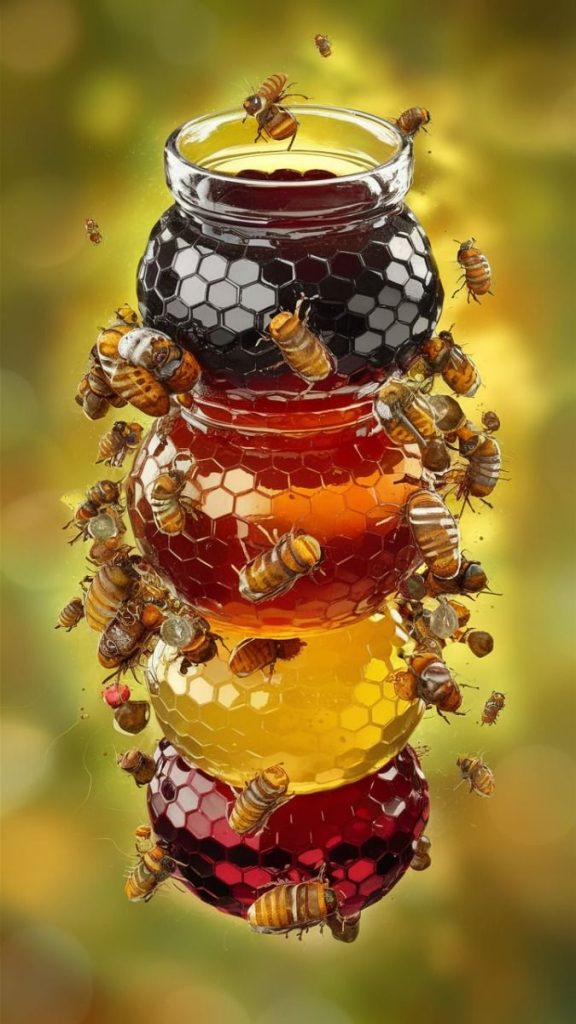
Final Thoughts
Partnering with local beekeepers is a smart move for any business. It brings unique products, strengthens your brand, and supports your community. Start by researching beekeepers, reaching out with a clear proposal, and building a strong relationship.
Promote the partnership to attract customers and boost your SEO. With a little effort, you’ll create a buzzing collaboration that benefits everyone.
Ready to get started? Find a local beekeeper today and let the honey flow!
